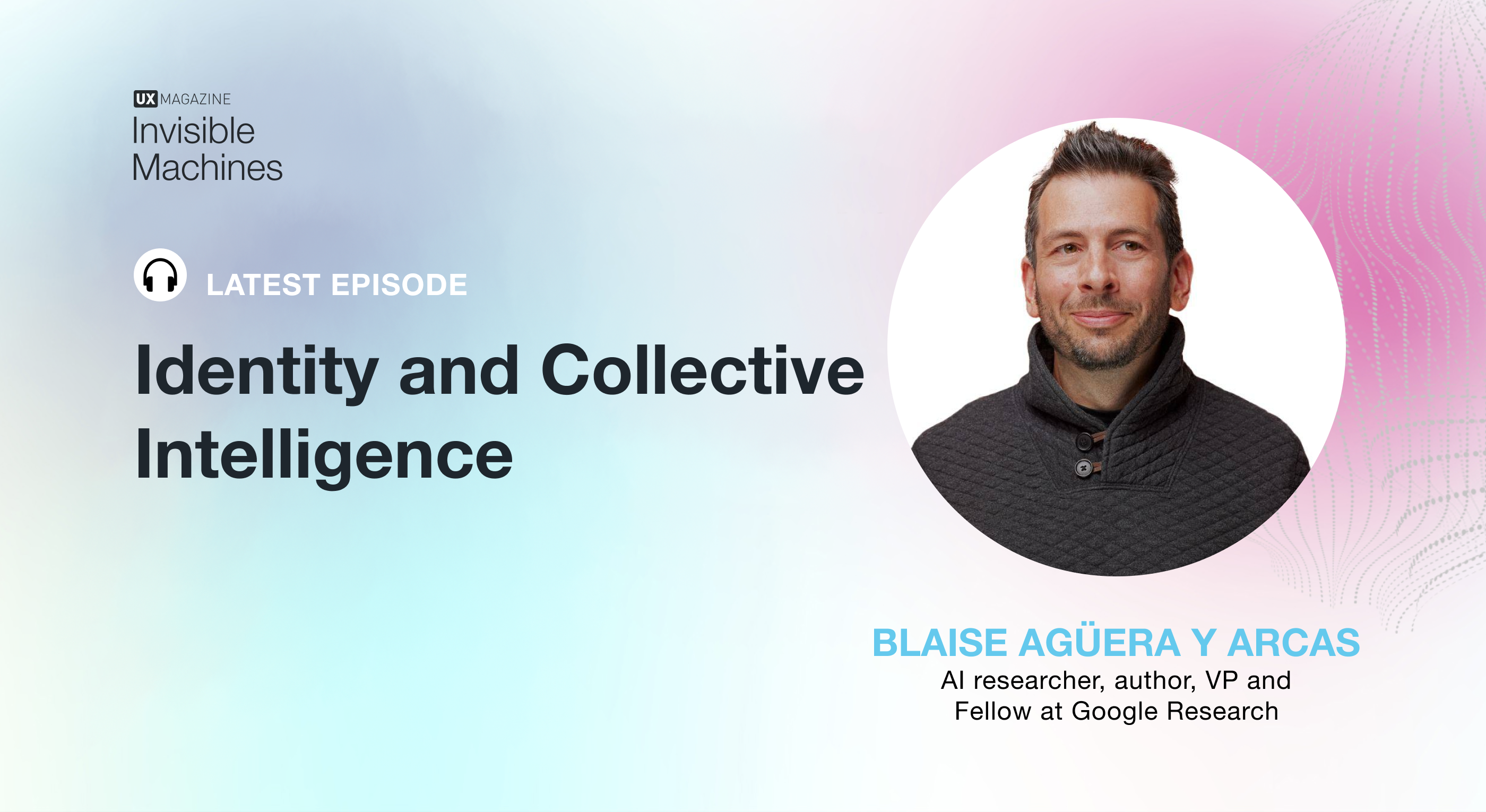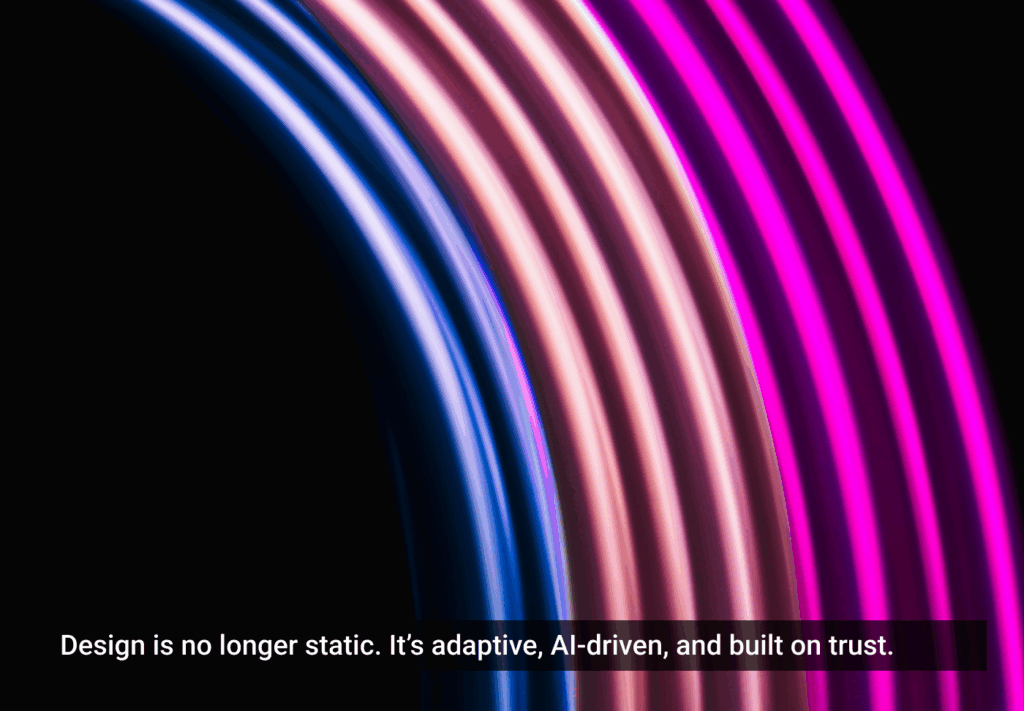Each week, Robb Wilson (CEO and co-founder of OneReach.ai) and I bring in a guest to continue the conversation we started in the pages of our bestselling book on conversational AI, Age of Invisible Machines.
Our guest in this episode is Blaise Agüera y Arcas, an AI researcher and Vice President and Fellow at Google Research. He’s co-authored numerous influential papers, including a seminal LaMDA paper from 2022. His research has been cited more than 20,000 times and, along with winning MIT’s TR35 Prize, Blaise is a frequent TED speaker. He’s also the author of an experimental novella, Ubi Sunt, about an engineer training an LLM during the COVID lockdown. His new book, Who Are We Now? is based on a set of surveys he conducted between 2016 and 2022 with more than 10,000 anonymous Americans exploring identity and behavior, especially relating to gender and sexuality. Who Are We Now? investigates the ways biology, ecology, sexuality, history, and culture have intertwined to create a dynamic “us” that’s neither natural nor artificial. Both books are available through Hat & Beard Press.
Together with Blaise, we explore:
- The perforated line between human and machine intelligence
- Our changing perception of identity, and how AI might accelerate these shifts
- How the pandemic moved us further into a virtualized world
- The collective nature of human intelligence and how AI might create deeper connections between people that boost our understanding of our universe
- The ways AI might put us back into balance with nature
Dig into this invigorating, philosophical conversation with Blaise Agüera y Arcas.








